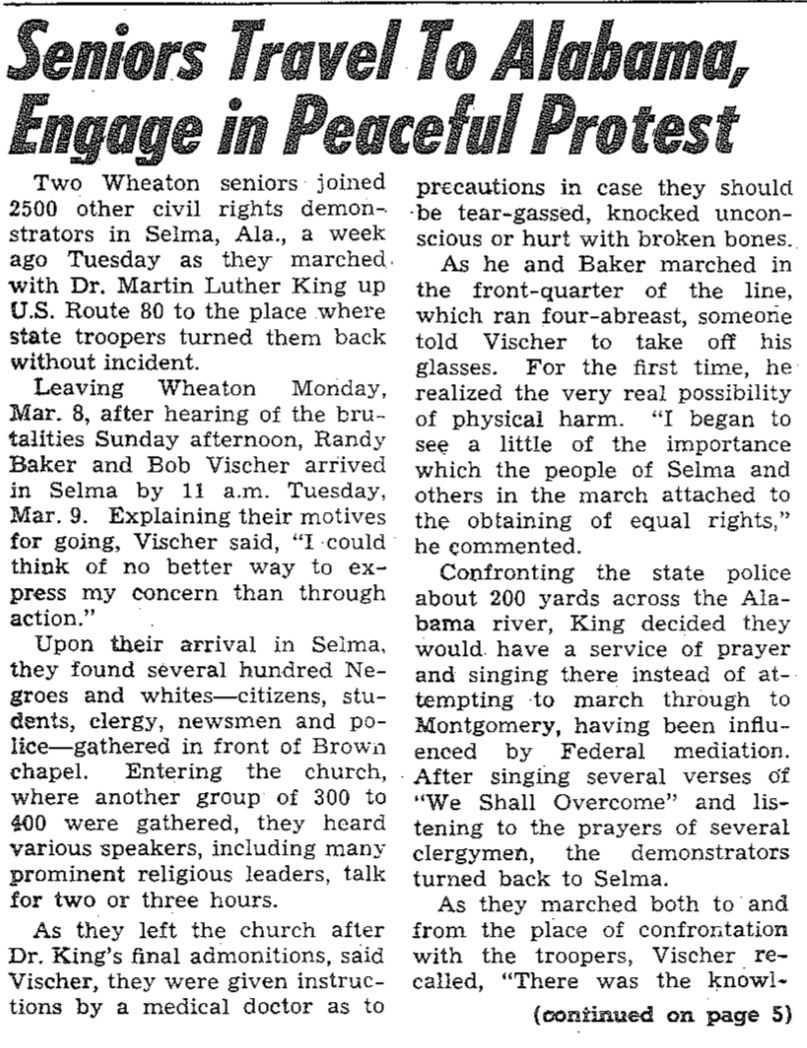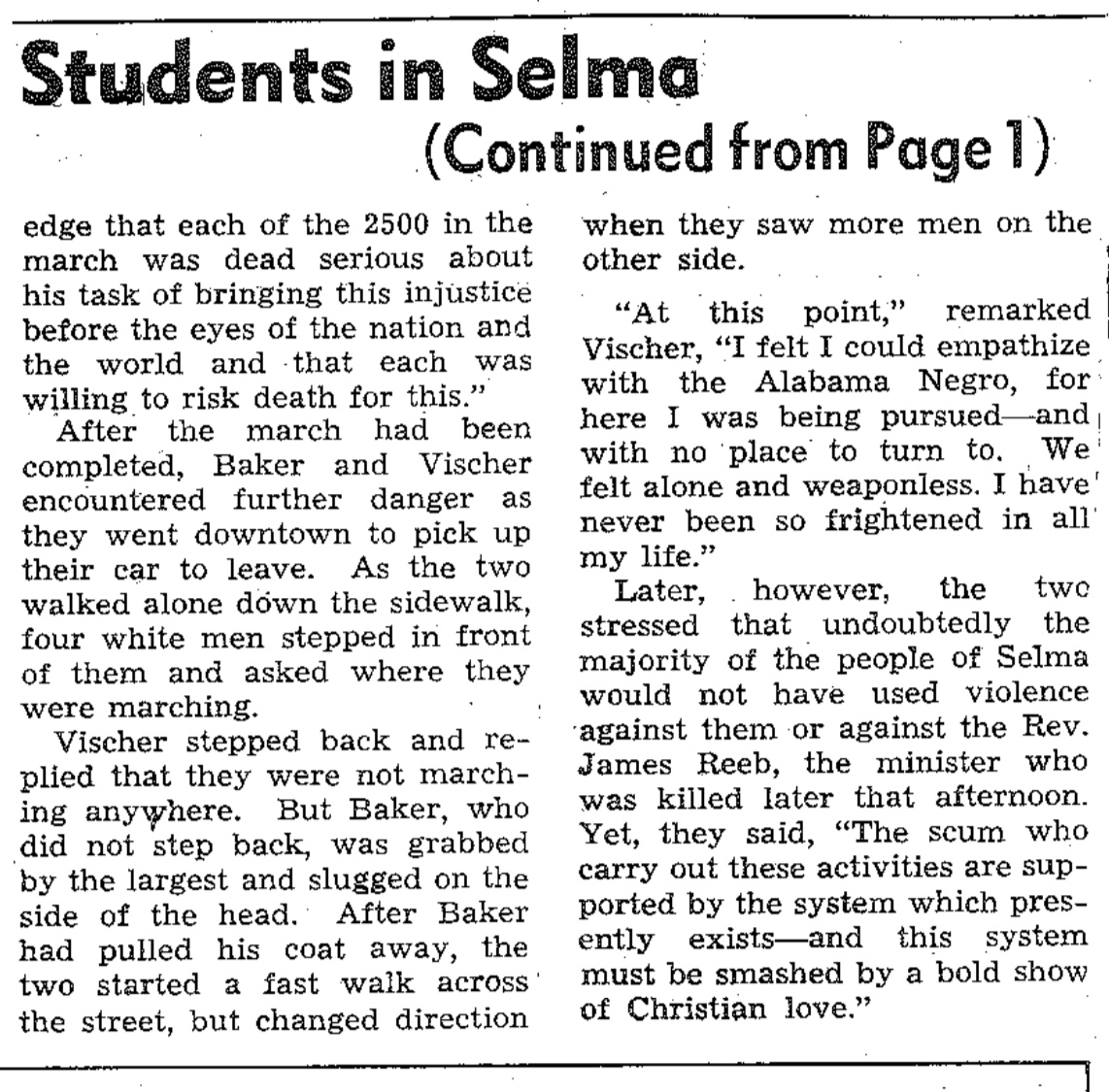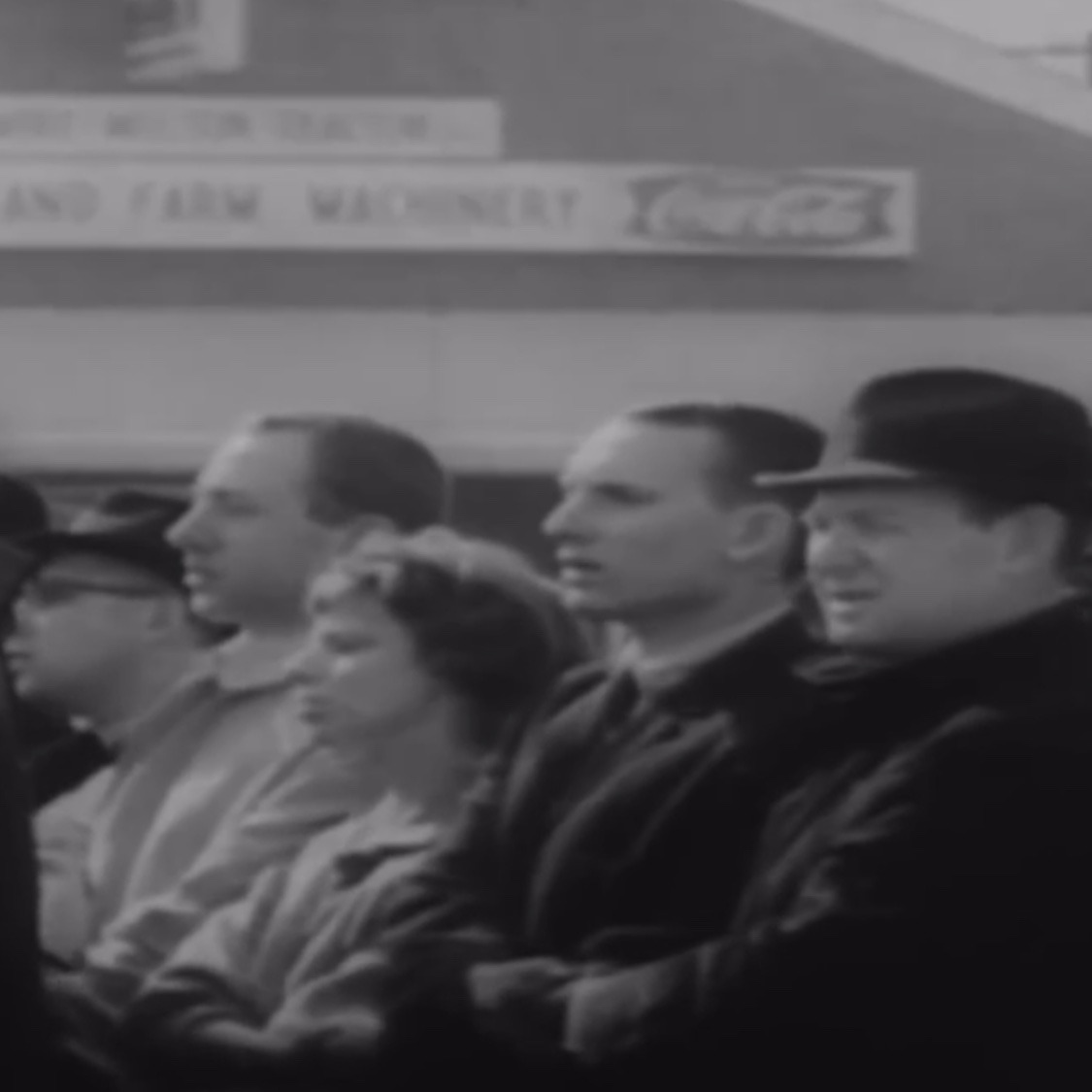As a 4-year-old, I used to think of my dad in superhero terms. When he flexed, his biceps seemed to dwarf my tiny toddler body. When we wrestled, he tossed me around like I tossed around Freckles, my favorite stuffed animal. He could ski behind boats, dive off docks, and move refrigerators. Not only could he accomplish these impossible feats of strength and coordination, but he also exhibited a type of transcendent kindness reserved for saints and my favorite Disney characters.
When I skinned my knee, I trusted him to disinfect the cut with iodine even though it stung so much I bawled. When I wet the bed, had a nightmare, or saw a dark shadow move, I always yelled, “DAD!” As soon as I called out that magic word in the darkness, I knew he would rush to my side and read Psalm 23 to me.
As I grew up, I started to pick apart my dad’s weaknesses. In eighth grade, I finally beat him in basketball. In high school, I disagreed with some of his business decisions. And in college, I self-righteously made a list of the things he had done wrong and read it to him. As a wise-in-my-own-eyes college student, I thought I could discern all the chinks in his armor.
When I was a kid my Grandpa Vischer used to tell and re-tell lots of stories about the good old days while we ate with him and my Grandma Vischer at Bill Knapp’s, Lulu’s, or Cracker Barrel. One story my grandpa used to tell included a college age version of my dad. In the story, my dad, Bob Vischer, and his friend, Randy Baker, drove down from Wheaton, Illinois to southern Alabama to march with some people for something. When I was young, I would always nod pretending like I understood the details, and I did comprehend some of the facts and part of the context.
But I didn’t realize what my dad actually did until 2015 when I watched the movie Selma. I cried when I read about the movie leading up to seeing it. I cried through the movie. And I cried as the credits rolled. Honestly, in light of the George Floyd protests, I’m crying right now thinking about what he did.
After police in Selma, AL beat civil rights protesters in the street on March 7, 1965, my dad and his friend Randy heard a call over the radio asking all Christians to drive down to Selma to march in solidarity with Martin Luther King Jr. and the oppressed black men and women of the south.
In response to the radio message, my dad and Randy decided to march. Even though they could’ve been killed, they decided to march. Even though they didn’t personally know any of the oppressed people in Alabama, they decided to march. And even though their families didn’t support their decision, they decided to march.
When my dad decided to march, he changed my life. When he marched, I hadn’t been conceived or even thought of, but he was beginning to lay a strong foundation for me and the rest of his future family.
I’ve witnessed my dad’s interactions with multi-millionaire business owners, middle class apartment tenants, people in need, and neighbors. In every interaction, I can’t remember him treating anybody, regardless of skin color, as “other” or “less than.”
He asks good questions of everybody. He jokes with everybody. He replies intentionally to everybody. I can honestly say that I’ve never seen my dad treat me, my mom, my sisters, extended family, friends, or strangers with anything but love. He doesn’t flatter or brush aside anyone. He just tries to love people.
After my wife gave birth to our daughter Veda, my friends have asked me, “Is it hard to be a first-time dad?” My honest answer is always, “It’s exhausting sometimes, but hard? No… I grew up with an amazing dad as a template. When I wonder what to do in any parenting situation, I just think, ‘What would dad do?’”
In Martin Luther King Jr.’s famous “I Have a Dream” speech he said, “I have a dream that one day every valley shall be exalted, every hill and mountain shall be made low, the rough places will be made plain, and the crooked places will be made straight, and the glory of the Lord shall be revealed, and all flesh shall see it together… With this faith we will be able to transform the jangling discords of our nation into a beautiful symphony of brotherhood. With this faith we will be able to work together, to pray together, to struggle together, to go to jail together, and to stand up for freedom together, knowing that we will be free one day.”
My dad’s not perfect, but he’s my hero. He personifies those famous lines from Martin Luther King Jr.’s speech, and because he has treated others equally, the “glory of the Lord” has been revealed to me more through him than any other person in my life. He’s loved me, my mom, and my sisters when we undermined his authority. He’s bought food for less fortunate people when no one but me was watching. He’s encouraged alcoholics toward sobriety. He’s treated people, regardless of their skin color or social status, as equals in every way. And as a 77-year-old, he still preaches in the jail and prison every couple of weeks.
It’s not hard for me to imagine my dad marching in Selma, Alabama on March 9, 1965 because all my life I’ve watched him march arm in arm with people through their struggles.
As a 4-year-old, I used to think of my dad in superhero terms. As a 38-year-old, I still do.
Read the article from the Wheaton Record where my dad was interviewed after returning to his college campus from the march. Important note: I found this article through my Aunt Scottie, who made us aware of its existence. My dad was happily surprised to see it, but he never sought it out. .



If you scan the picture left to right, my dad is the fourth one over in the dark coat between the woman with the hat and the man with the black hat.
MLK: The Agitator and Extremist We Need Now
- 6 Songs That Inspired Me to Delete Social Media & Live Life - July 9, 2021
- 10 Songs for Guys Going Through Marriage Counseling - July 8, 2021
- Christian Music Artists As Professional Wrestlers - June 18, 2021
